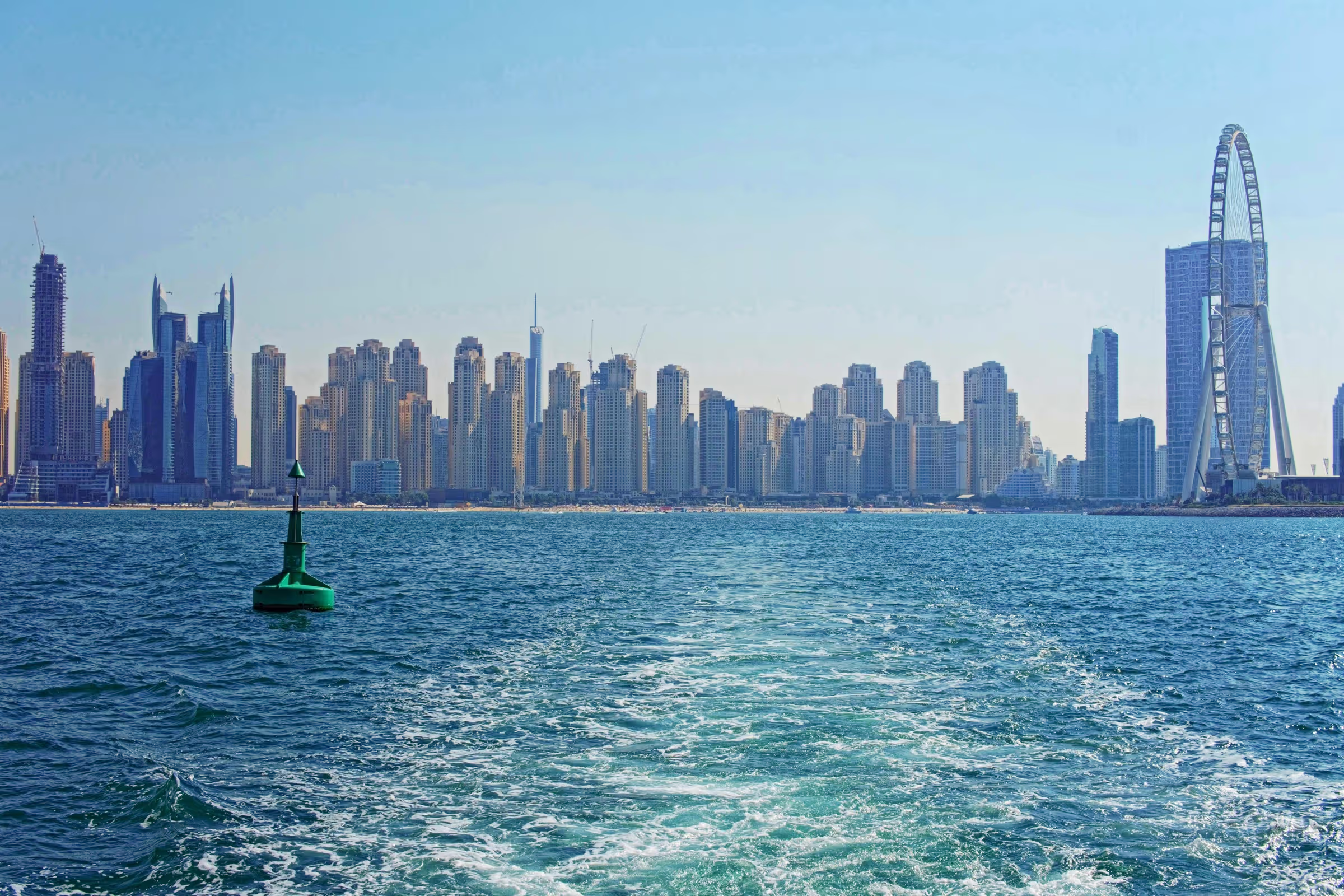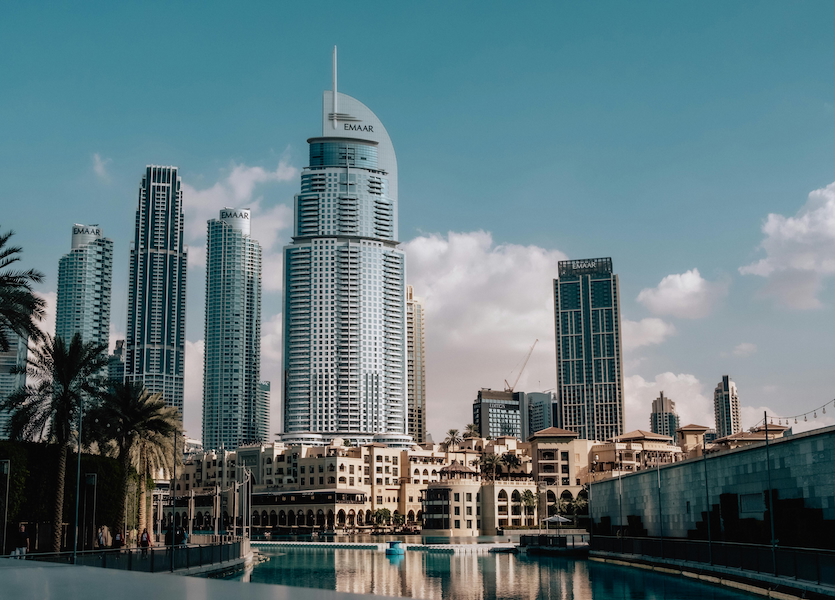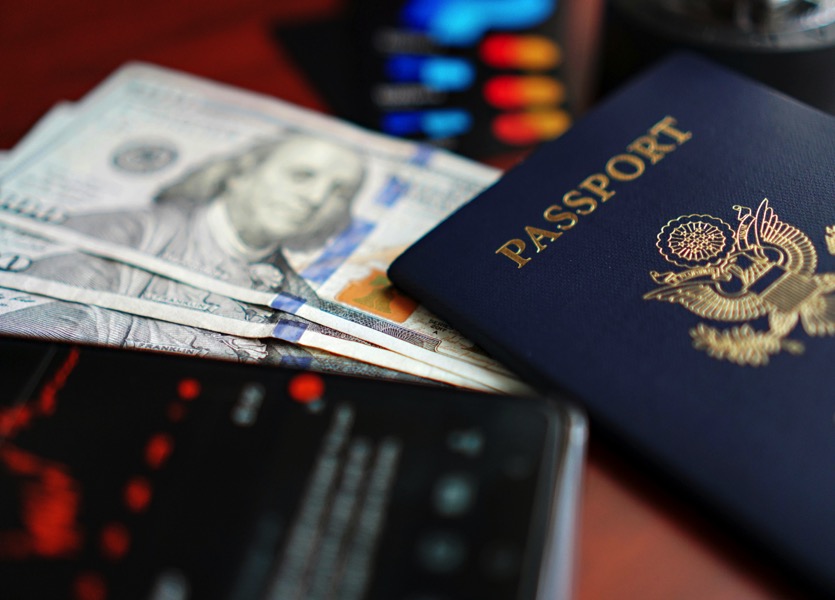
If you’re a non-Muslim expatriate with assets in Dubai, Abu Dhabi, or elsewhere in the UAE, having a valid last will and testament is crucial. Without a will, local inheritance laws could apply by default, potentially distributing your assets according to Sharia law rather than your personal wishes. By drafting and registering a will, you ensure that your estate is distributed as you intend, providing clarity for your heirs and protecting your family’s interests. In short, a will gives you control and peace of mind, avoiding ambiguity or legal disputes during an already difficult time.
The Risks of Not Registering a Will
Failing to register a will in the UAE can lead to serious complications for your loved ones:
• Asset Freezes and Delays: When an expatriate passes away without a registered will, their UAE bank accounts (even joint accounts) may be frozen until the courts determine the heirs. This process can take months and leave your family without access to funds.
• Default Distribution: In the absence of a will, UAE courts might distribute your assets according to default local laws. For non-Muslims, this could mean applying Sharia-based rules of inheritance or other provisions that don’t reflect your intentions. Your spouse, children, and other relatives might not inherit in the proportions you would have wanted.
• Guardianship Issues: If you have minor children, not naming guardians in a will means a court will decide who cares for them. This could result in undesired guardianship arrangements or temporary foster care until a decision is made.
• Family Disputes: Lack of clear instructions can lead to confusion or conflicts among surviving family members. Unfortunately, we’ve seen cases where lengthy legal battles ensue, straining relationships and diminishing the value of the estate.
By having a properly registered will, non-Muslim expats can bypass these risks, ensuring a smoother transfer of assets and custody according to their wishes.
DIFC vs. ADJD vs. Dubai Courts – Where Should You Register Your Will?
The UAE offers three main venues for will registration for expatriates: the Dubai International Financial Centre (DIFC) Courts Wills Service, the Abu Dhabi Judicial Department (ADJD), and the Dubai Courts (the Dubai government’s court system). All three allow non-Muslims to register wills, but they differ in jurisdiction, process, and cost. Here’s a comparison to help you decide:
DIFC Wills (Dubai International Financial Centre)
The DIFC Wills and Probate Registry is a service catering exclusively to non-Muslims. It operates under a common-law system (in English) and is known for its efficient, English-language process. A DIFC-registered will can cover your assets in Dubai and other emirates, and even worldwide assets. Key points:
• Eligibility: Non-Muslim residents or investors with assets in Dubai (and other emirates or abroad) can use DIFC. You don’t need to be a UAE resident to register a DIFC will.
• Procedure: The will is drafted in English. It must be signed in the presence of two witnesses and a DIFC officer (usually at the DIFC Wills Service Centre). The DIFC requires two witnesses to witness your signature (one can be provided by the Registry if needed).
• Benefits: The process is aligned with international (common law) standards, which many expatriates find reassuring. Probate (the court process after death) in the DIFC is typically faster and more straightforward for Dubai assets, and the judgments are in English.
• Costs: DIFC Wills are the most expensive option. Government registration fees for a single full will are around AED 10,000 (approximately USD 2,700). This does not include any lawyer or drafting fees. Despite the higher cost, many choose DIFC for its legal certainty and convenience for English speakers.
Dubai Courts Wills
Dubai Courts is the local judicial authority in Dubai where you can also register a will. This option has become popular for non-Muslim expats, especially after recent legal reforms allowing non-Muslims to opt out of Sharia inheritance rules. Key points:
• Eligibility: Non-Muslims with assets in Dubai (and in practice, anywhere in the UAE) can register a will with Dubai Courts. You can be a resident or a non-resident property owner.
• Language: The will needs to be in Arabic (or bilingual Arabic-English). If you draft it in English, an official legal translation to Arabic will be required for the registration.
• Procedure: The testator (will-maker) signs the will in front of a Dubai Courts notary public (this can be done at certain courts or authorized offices). No witnesses are required for Dubai Courts will registration – unlike other jurisdictions, the notarization by the court official is sufficient to validate the will. Once notarized, the will is officially registered in the Dubai Courts system.
• Costs: Dubai Courts wills are more affordable than DIFC. The government fees are roughly AED 2,020 for a single will (about USD 550). Additional costs include translation services and any legal assistance you might use, but overall it’s a cost-effective route.
• Considerations: While the process is in Arabic, Dubai Courts’ wills are recognized by all UAE authorities and can cover assets in multiple emirates. However, if you have substantial assets outside Dubai, you may still need to undertake probate proceedings in the emirate where those assets are located.
ADJD Wills (Abu Dhabi Judicial Department)
ADJD offers a wills registry service under Abu Dhabi’s laws, and it’s open to expats across the UAE. Abu Dhabi has implemented its own personal status law for non-Muslims, which provides a clear framework for wills. Key points:
• Eligibility: Available to both non-Muslims and Muslims (Muslims’ wills would still follow Sharia in substance). Non-Muslim expats with assets in Abu Dhabi or any other emirate can register an ADJD will. You do not need to live in Abu Dhabi; many Dubai-based expats also use this service.
• Language: Wills at ADJD are typically submitted in Arabic. You can draft in English, but a certified Arabic translation is required for the registration (or you can prepare a bilingual will).
• Procedure: The ADJD will registration is done through an online portal. You submit your will and documents on the ADJD website. The will is reviewed, translated (if needed), and approved by the Abu Dhabi Civil Family Court. There’s no requirement to have external witnesses sign the will for ADJD registration. Once approved and the fees are paid online, the will is officially registered.
• Costs: The Abu Dhabi option is the most budget-friendly. The government fee for registering a will with ADJD is around AED 950 (about USD 260). Like the Dubai Courts route, you might incur additional costs for translation or legal help, but the base fee is low.
• Considerations: An ADJD will can cover assets across all emirates. If you have properties in both Abu Dhabi and Dubai, an ADJD will might be a convenient one-stop solution. However, note that if you have a Dubai property and choose an ADJD will, the probate process for that property will occur in Abu Dhabi’s courts, which then coordinate with Dubai authorities. Some expats with assets in multiple emirates opt to register separate wills in each jurisdiction (one in Dubai and one in Abu Dhabi) to streamline local probate procedures.
Remote Will Registration – Online Options for Overseas Clients
One of the advantages of the UAE’s modern legal system is the ability to register your will remotely, which is ideal if you’re not physically in the country. Both Dubai and Abu Dhabi offer online will registration services:
• Dubai (Private Notary Remote Services): Dubai Courts has introduced e-notary services through licensed private notaries. This means you can sign and register your will via a video conference with an authorized notary, without being in Dubai. It’s a secure process: your identity is verified digitally (usually you’d need a valid Emirates ID or passport), and the notary public oversees the signing in real-time. International clients often prefer this option to avoid travel. The notarized electronic will has the same legal validity as one signed in person.
• Abu Dhabi (Online Portal): As mentioned, ADJD wills are registered online. You can complete the entire process from abroad by submitting documents and attending any required virtual appointments. Once the will is approved, you’ll receive the registration certificate electronically.
• DIFC Video Registration: The DIFC Wills Service also offers video conference will signings. You still need two witnesses, but the signing can be arranged remotely with the DIFC official and witnesses joining via video call. This came in especially handy during the pandemic and remains available for those abroad.
In summary, remote registration is possible and increasingly common. This flexibility ensures that even if you’re located overseas, you can put your UAE estate plans in place promptly.
Protect Your Legacy with INCORPORTAS – From Drafting to Registration
Planning your estate as an expatriate may seem daunting, but with the right guidance it becomes a smooth process. INCORPORTAS is here to help every step of the way. Our professional team will:
• Consult & Draft: Understand your situation and wishes, then connect you with experienced legal drafters to prepare a will that meets UAE legal requirements (in English and Arabic).
• Choose the Right Forum: Advise you on the best registration option (DIFC, Dubai Courts, or ADJD) based on your asset locations, family needs, and preferences.
• Handle the Paperwork: We coordinate the translation, document preparation, and forms needed for registration. Whether you’re in the UAE or overseas, we organize the process for you – including setting up remote signing appointments with notaries or DIFC as needed.
• Register & Beyond: From securing the registration appointment to ensuring your will is properly lodged with the authorities, we manage the logistics. Even after registration, we remain available for any updates or future support (for instance, if you acquire new assets or need to modify your will).
Secure your family’s future today. With INCORPORTAS by your side, registering a will in the UAE is straightforward and stress-free. Contact us for a personalized consultation, and let us help you protect your legacy in Dubai, Abu Dhabi, and beyond.




